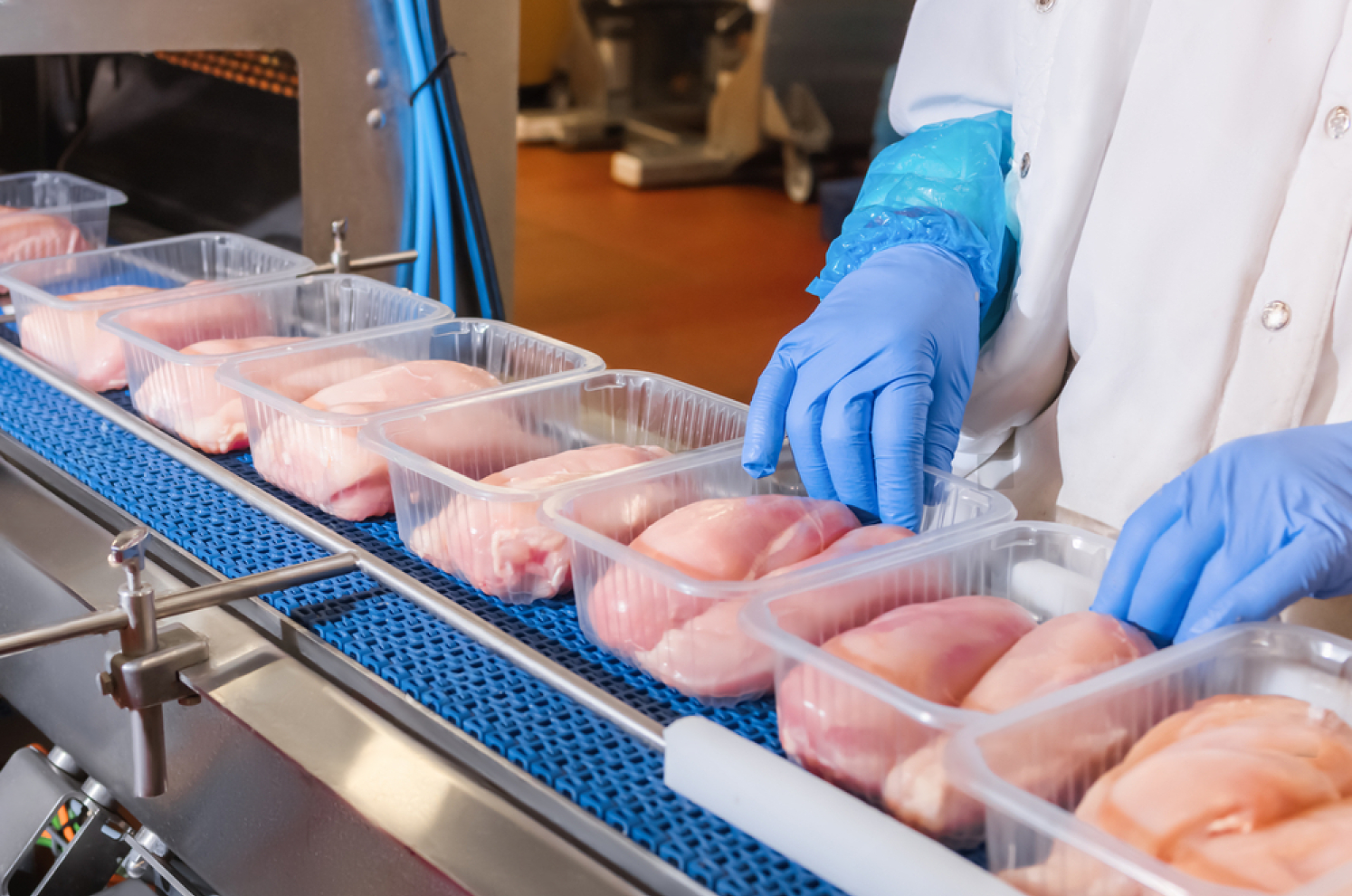Amadori: Enhanced Food Quality and Efficiency with AVEVA Solutions
Amadori, a leading Italian food producer with €1.8 billion annual revenue and 19 sites, combines tradition and innovation to deliver safe, fresh products. At its Teramo plant, advanced automation and temperature control ensure quality, efficiency, and compliance. Partnering with Cid Engineering, Amadori modernized legacy systems with smart environmental control, traceability tools, and Siemens PLC upgrades—boosting sustainability, productivity, and cost savings.

Amadori is a leader in the Italian poultry industry, operating 16 production facilities, 33 subsidiaries, and employing 6,400 people. Its success is rooted in innovation and end-to-end control over the entire production cycle, covering raw material sourcing, farming, nurseries, feed production, processing, packaging, and distribution. A hallmark of the brand is the blend of tradition and innovation, as it continually develops safe, fresh, and innovative products for consumers.
At its Teramo processing plant, where breaded and "Il Campese" product lines are produced, maintaining strict temperature control is critical to preserving product quality. Effective temperature management at each processing and storage stage prevents spoilage and microbial growth while minimizing production delays and product waste. Proper control also improves efficiency in meat processing, ensuring meat is cleanly separated from bones, enhancing both product yield and profitability.
Investing in Innovation
To meet these rigorous demands, Amadori invested in advanced automation and temperature control solutions. Partnering with Cid Engineering, Amadori began upgrading its systems, including the deployment of a high-performance platform for human-machine interface and process control.
“Amadori understood early that only by adopting innovative technologies could they maintain market competitiveness,” explains Carlo Caramanico from Cid Engineering.
The partnership focused on modernizing legacy systems and expanding automation across operations, particularly targeting energy management, traceability, and environmental control.
Smart Environmental Control
Previously, Amadori used basic thermostats with slow response times. The updated system brought intelligent control by automatically managing air conditioning power based on real-time environmental data. It optimizes temperature, humidity, and air quality in processing zones, which is vital for both food safety and operator comfort. This system also schedules air conditioning cycles using calculations based on external conditions, preventing overcooling and ensuring operational consistency.
Ensuring Traceability and Compliance
Traceability is a critical requirement in food production. Regulatory bodies and clients demand reliable records of environmental parameters and production conditions. Earlier, Amadori relied on manual data entry, which was error-prone and labor-intensive. Now, specialized software automates chronological tracking and archiving of process data. With integrated reporting tools, operators receive visualized trend reports and alerts about deviations, enabling fast corrective action and minimizing non-conformance risks.
This solution not only improves compliance and safety but is also scalable. Initially used in a few departments, the platform is now fully implemented across the Teramo facility. It has optimized production flow and energy use, supporting Amadori’s sustainability and cost-efficiency goals.
A recent upgrade to Siemens S7 PLCs, replacing older S5 controllers, was seamlessly integrated with the existing system—demonstrating the platform’s flexibility and non-disruptive deployment capabilities.
Top 5 Benefits of AVEVA Solutions in the Food and Beverage Industry
- Enhanced Quality Control – Continuous monitoring of temperature, humidity, and air quality ensures food safety and product consistency.
- Improved Traceability – Automated data capture and visualization support compliance with industry standards and customer requirements.
- Operational Efficiency – Intelligent automation reduces manual work, prevents delays, and optimizes production cycles.
- Scalability and Flexibility – Systems can expand across facilities and adapt to new hardware without disrupting operations.
- Energy and Cost Savings – Smart temperature and environmental management lead to reduced energy consumption and lower operational costs.
Basic figures of Amadori Group Italy:
- Nearly €1.8 billion annual revenue;
- 19 production sites and ~800 farms;
- A workforce of over 9 000;
- Diverse product lines across meat (white & pink proteins), eggs, and plant-based proteins.